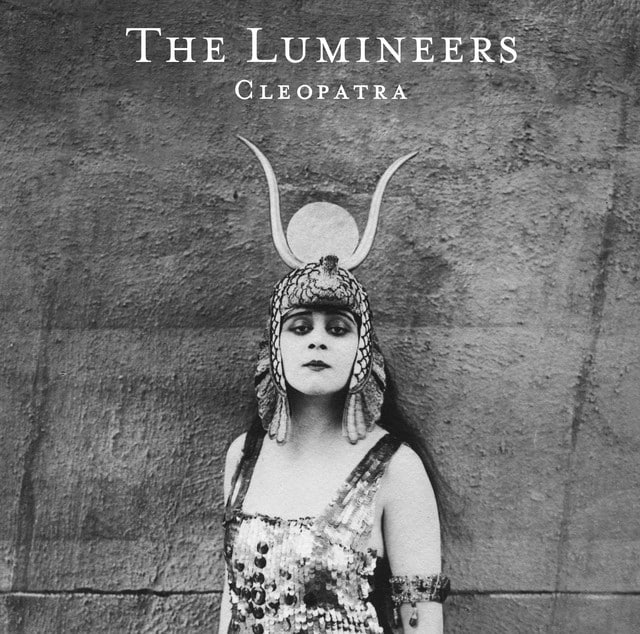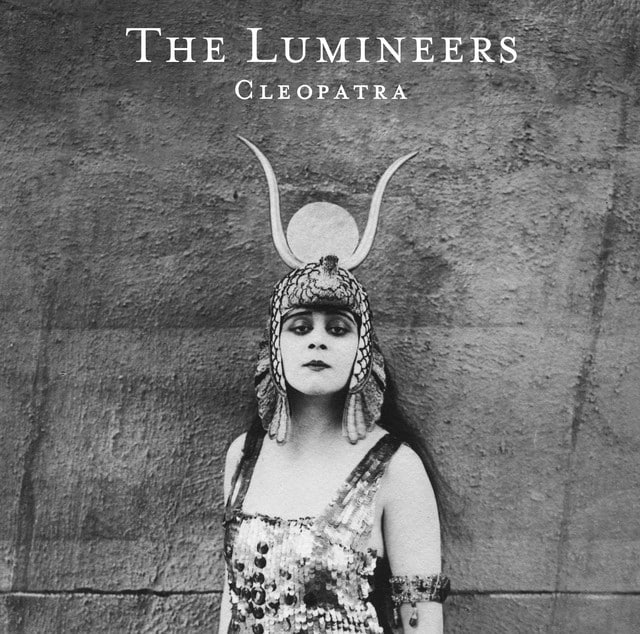Released: 2016
The Lumineers’ “Angela” dives deep into the narrative of escape, self-discovery, and the longing for genuine connection. It’s a poignant tale of Angela’s journey, veiled in metaphors of travel and the search for home, a place not necessarily tied to a physical location but rather an emotional state of peace and belonging.
The opening lines, “When you left this town, with your windows down, and the wilderness inside,” sets the stage for a story of departure. Angela leaves her familiar surroundings, symbolized by the “town,” with an openness to experience what lies beyond, indicated by the “windows down.” The “wilderness inside” suggests a turmoil or a quest within her, an emotional or psychological landscape she’s navigating. The journey she embarks on isn’t just physical; it’s profoundly internal.
The imagery of “Let the exits pass, all the tar and glass ‘Til the road and sky align,” speaks to Angela’s deliberate choice to move beyond the familiar – the exits representing missed opportunities or paths not taken. She’s searching for a moment of clarity or destiny (“the road and sky align”), a point where her purpose becomes clear. The song then touches upon the harsh reality of her surroundings (“The strangers in this town, They raise you up just to cut you down”), highlighting the fleeting and often negative connections she encounters along the way.
As the song progresses, “And your Volvo lights lit up green and white, With the cities on the signs,” the narrative continues to emphasize the journey motif, with the Volvo serving as her vessel through the night, and the cities as milestones or markers of distance and time. Yet, her focus isn’t on the physical destinations but a “distant war in the corners of your mind” – the personal battles and challenges she faces within.
“Were you safe and warm in your coat of arms, With your fingers in a fist,” these lines question Angela’s sense of security and defense mechanisms as she confronts the world (“coat of arms”) and her readiness to fight or defend her values (“fingers in a fist”). The “radio abyss” could represent the noise and chaos of the world she’s trying to make sense of, searching for a signal or message in the cacophony.
The refrain, “Oh Angela it’s a long time coming in. Oh Angela spent your whole life running away,” reflects a realization or awakening. It speaks to the years spent fleeing from something—perhaps herself, her past, or her fears—only to find that what she was truly seeking, a sense of home and belonging (“Home at last”), was within her grasp all along.
The concluding lines, “Vacancy, hotel room, lost in me, lost in you. Angela, on my knees, I belong, I believe,” suggest a moment of vulnerability and surrender. The mention of a “vacancy” and “hotel room” symbolize transient, temporary spaces, akin to Angela’s state of being. The admission “I belong, I believe” denotes a turning point, where Angela acknowledges her need for connection, faith, and a place to call home, finally finding solace and acceptance in herself (“Home at last”).
In essence, “Angela” by The Lumineers captures the essence of human exploration—both external and internal. It’s a narrative rich with imagery and emotion, portraying the journey of returning to oneself, the most challenging and rewarding journey of all. Angela’s story resonates with anyone who has ever searched for meaning, belonging, and the comfort of a home not defined by walls but by the feeling it evokes within.








